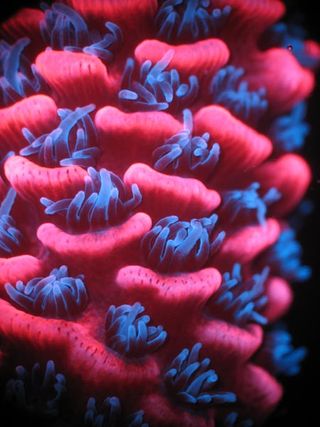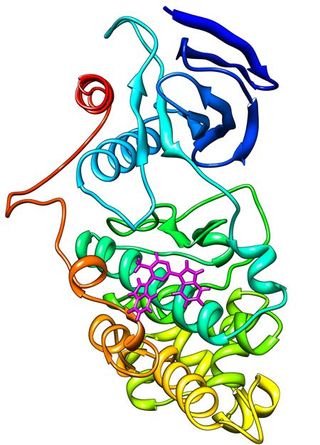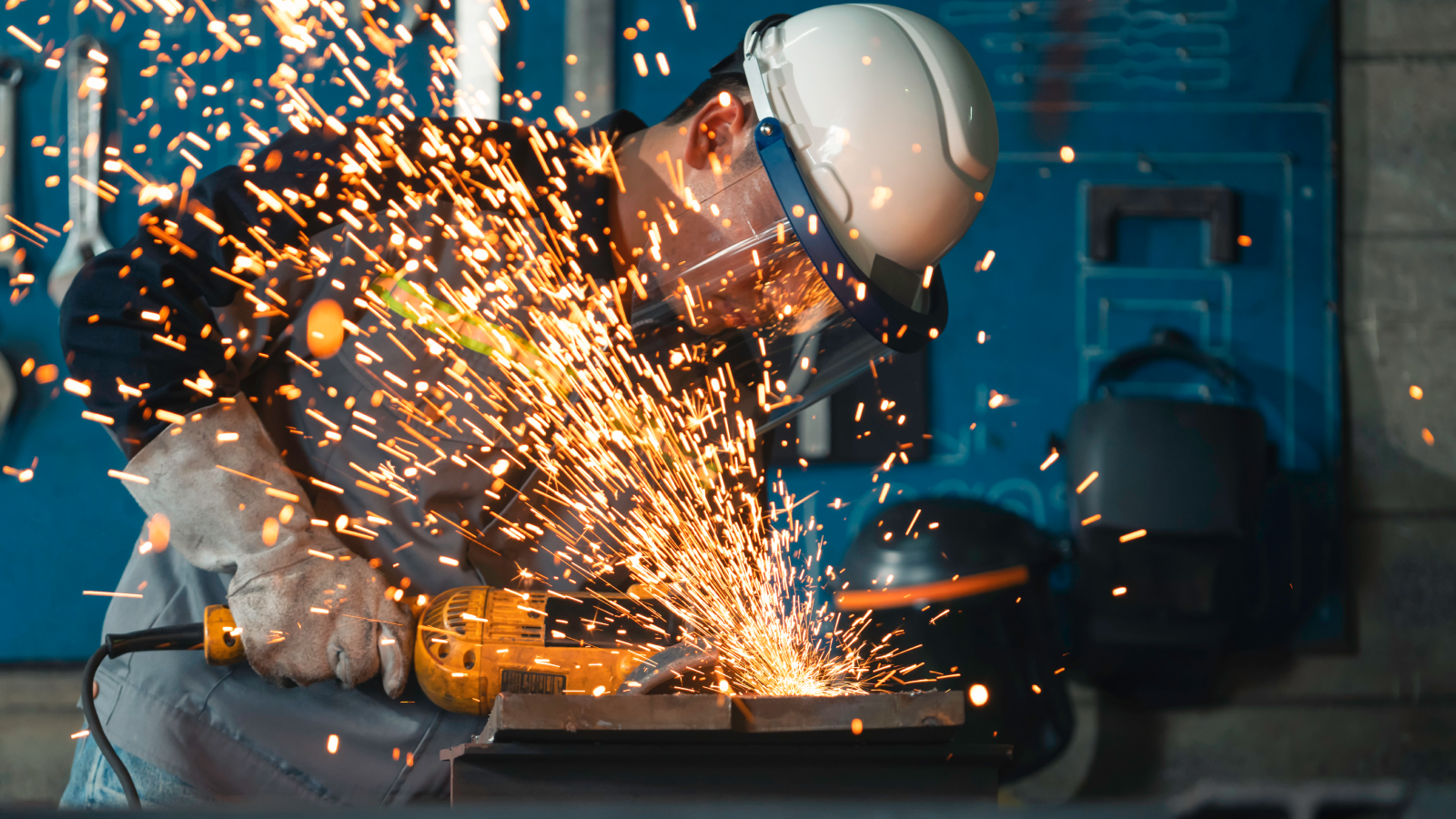Aaron Dubrow
Latest articles by Aaron Dubrow
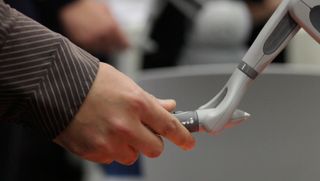
Veterans Will Be First to Try Cyber Physical Therapy (Video)
By Aaron Dubrow published
Opinion U.S. veterans will soon be able to complete physical therapy in a virtual gaming environment made possible through some of the fastest Internet networks in the country.
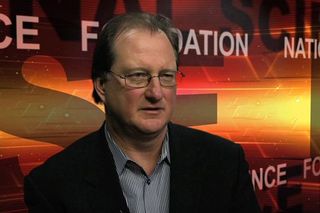
Moving at the Speed of Clicks: Improving Computer Efficiency
By Aaron Dubrow published
University of Wisconsin researcher finds hidden efficiencies in computer architecture.
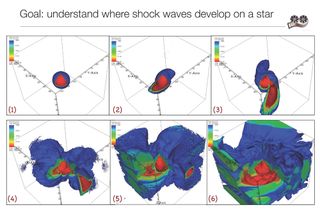
When Distant Galaxies Light Up: Modeling a Cosmic Slurp
By Aaron Dubrow published
Researchers employ supercomputers to understand and predict black holes swallowing stars.
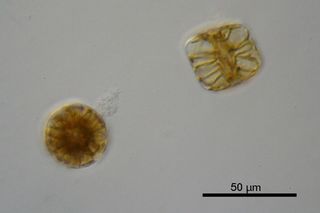
Rock Snot: Where It Comes From and How It's Made
By Aaron Dubrow published
Researchers use advanced sequencing and TACC’s Ranger supercomputer to uncover origin of common algae.
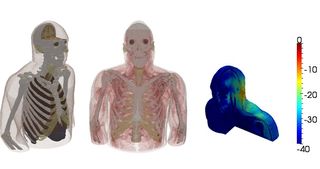
Digital AustinMan Created to Study Cell Phone Radiation
By Aaron Dubrow, Jacqueline Conciatore published
Researchers built AustinMan to study cell phone radiation on the human body
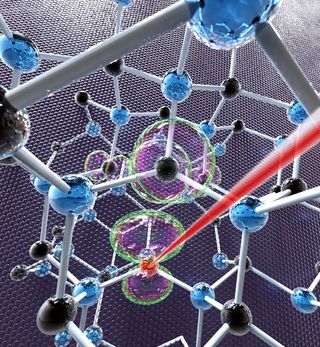
Effective Defects for Quantum Computers
By Aaron Dubrow published
Defects are usually a bad thing, but not in quantum computing.
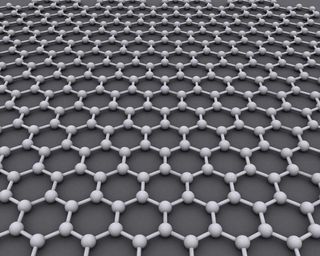
Fast and Ultra-Thin: Graphene Nanotransistors
By Aaron Dubrow published
Bhagawan Sahu is part of a nationwide search to find nanoscale materials that can replace silicon transistors by the year 2020.
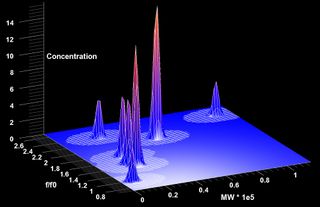
Spinning Samples Yield Insights into Disease and Harnessing Solar Power
By Aaron Dubrow published
Supercomputers help researchers find deeper insight into the purity, structure and behavior of proteins, DNA and RNA.
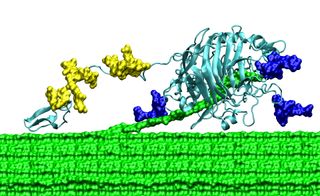
Making Nature's Best Better To Produce Biofuels
By Aaron Dubrow published
The National Renewable Energy Laboratory uses supercomputer simulations to explore designer enzymes for renewable fuels.

A Volcanic Idea to Reverse Climate Change
By Aaron Dubrow published
Supercomputer simulations by University of Washington researchers outline the potential risks and benefits of geoengineering, specifically the release of volcanic aerosols into the atmosphere.
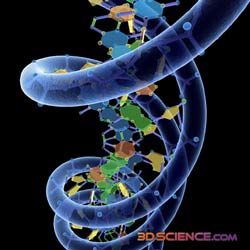
Placing Landmarks on the Genome Map
By Aaron Dubrow published
Vishy Iyer and colleagues use supercomputers and next-generation gene sequences to explore DNA and heredity.
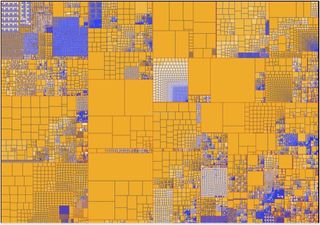
Behind the Scenes: A Glimpse to the Archives of the Future
By Aaron Dubrow published
Texas scientists are finding solutions to keeping track of large amounts of government data.
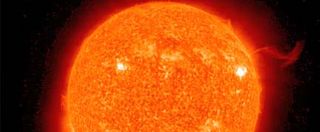
3-D Images Reveal New Composition of the Sun
By Aaron Dubrow published
Improved 3-D simulations force scientists to reevaluate the Sun's composition. Results show the amount of carbon and oxygen in our star is 30 to 40 percent lower than previously believed.
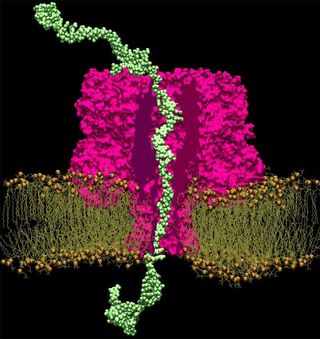
New Gene Sequencing Method Could Reduce Cost, Increase Speed
By Aaron Dubrow published
Physicists at the University of Illinois Urbana-Champaign are working to develop a new method to sequence the human genome that will make the dream of the $1000 genome a reality.
Get the world’s most fascinating discoveries delivered straight to your inbox.
